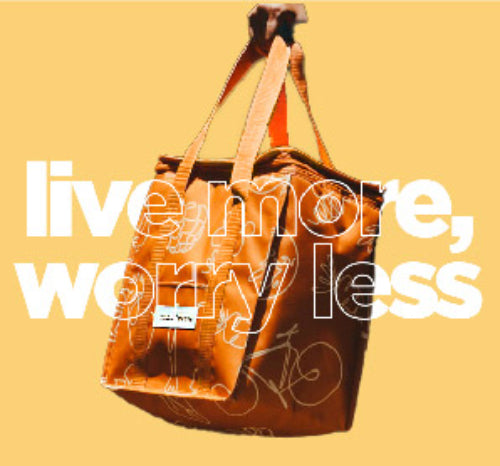more than food
A Guide to Reducing Plastic in Your Kitchen
Your body detoxes everyday with the help of your liver, kidneys, and even your skin. The process of detoxification makes chemicals, toxins, and hormones water-soluble so that they can be excreted from the body. This is good news because we encounter toxins daily—even just by walking outside!
While we don’t necessarily have control over all toxins we come in contact with—for example, exhaust from vehicles outside—we do have control over other sources of exposure.
These toxins can come from food, personal hygiene or beauty products, and cleaning products—and also from the items we use every day in the kitchen.
Plastic is often to blame because it contains endocrine-disrupting chemicals such as phthalates and bisphenol A (BPA), which contribute to the structure of plastics. You will also find BPA lining cans; the purpose of this is to keep the food from reacting with the can itself. It’s important to note that “BPA-free” items may contain BPA analogues. So while it’s technically BPA-free, it may contain a similar chemical. For this reason, switching away from plastic may be the best option—for both you and the planet!
Health concerns of endocrine-disrupting chemicals
Both phthalates and BPA are endocrine-disrupting chemicals (EDCs) that can interfere with hormone action and potentially increase the risk of reproductive and developmental issues, cognitive deficits, metabolic diseases and disorders, and some cancers. They do this by mimicking natural hormones, blocking natural hormones from action, increasing and decreasing the levels of natural hormones, and affecting how hormones are both broken down and stored in the body.
EDCs are in everything from your makeup to your cleaning products, but addressing the plastic in your kitchen is a great way to benefit both yourself and the environment.
Five ways to decrease plastic in the kitchen
1. Food storage
Glass storage containers contain less toxins than plastic and will therefore leach significantly less chemicals into your food during storage and reheating.
Both heat and acidity increase the ability of chemicals to leach into food, so you may also consider buying or storing acidic foods (e.g. tomato sauce) in glass rather than plastic or even cans. Fat, on the other hand, is great at storing fat-soluble toxins and is therefore ideally contained in glass, too (e.g. cooking oils).
You can be less concerned about plastic lids on your glass containers as they don't touch food, but you should let foods completely cool before covering and refrigerating for food safety reasons anyways. I love these Pyrex containers because they’re glass and the lids are easy to clean.
2. Cookware
Instead of plastic cooking spoons and colanders that you use to stir soups and drain hot pasta, you can easily switch to wood or stainless steel utensils (check your pans first so you don’t scratch anything!) and stainless steel or ceramic colanders.
3. Plates and bowls
Consider replacing plastic plates and bowls that hold hot food or that you use in the microwave. Even if you store food in plastic, you should transfer it to a glass container or other microwave-safe dish for reheating in the microwave.
4. Coffeemakers
The standard coffee machine sends hot water through plastic. If you’re using pods, then you're certainly doing the same thing. It’s possible to find a plastic-free coffeemaker, or you can also try an all-metal French press, moka pot, or pour-over option such as a Chemex.
5. Single-use food storage
You can replace plastic bags and saran wrap with Stasher bags and beeswax wrap. My favorite wax wrap is Meli Wraps because they’re flexible, hold up over time, and can be bought in bulk rolls. A budget-friendly alternative for Stasher bags are Lunchskins recyclable paper sandwich bags (these are also a great option for kids who lose things at school!).
Written by Emily Smith, MS, CNS, aka The Outdoor Nutritionist. Emily is a Board Certified Nutrition Specialist who specializes in functional nutrition for fitness and the active outdoor lifestyle.









